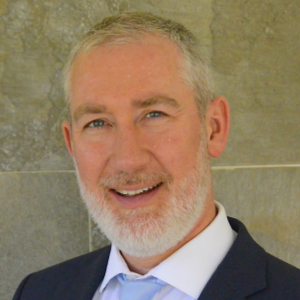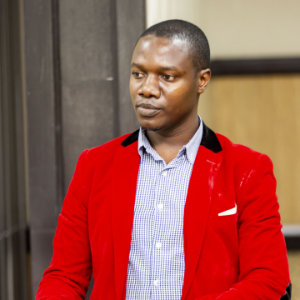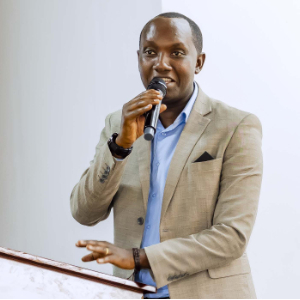The GRC will be located within the Institute for Energy & Environment, one of Europe's leading and largest power systems and energy technology university research groups, and supported by Strathclyde's Centre for Sustainable Development.
The GRC delivery partner in Malawi is the Renewable Energy Industry Association of Malawi (REIAMA) whose mission is to promote efficient and sustainable use of renewable energy technologies in Malawi to the satisfaction of the end-user and all stakeholders. Their membership spans the renewable energy sector of Malawi and they lead a range of capacity-building and knowledge exchange programmes.
The GRC delivery partner in Zambia is the Zambia Renewable Energy Association (ZARENA) a leading association in Zambia that is dedicated to promoting and advancing the use of renewable energy solutions across the nation. The association brings together experts, industry professionals, and enthusiasts who are committed to driving the transition to clean, sustainable energy.
The GRC delivery partner in Rwanda is the Energy Private Developer’s Association (EPD) a membership organisation committed to sustainable energy projects that promote a low-carbon future. EPD work closely with policymakers, industry leaders, development partners and other stakeholders to advocate for policies and promote sustainable energy practices and investments.
.jpg)



